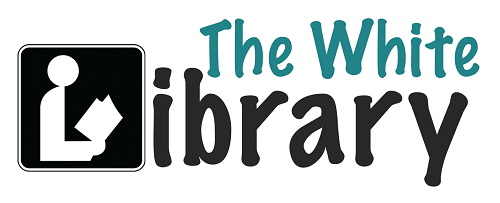
Roles, in today’s HR landscape, are shifting from being purely administrative to highly strategic and data-driven. One surprising but increasingly influential trend is the crossover of digital marketing training into human resource functions, particularly in recruitment, employer branding, and employee engagement. While HR teams have traditionally leaned on soft skills and compliance frameworks, the infusion of digital marketing competencies is giving HR professionals the tools to compete for talent with the same precision and sophistication marketers use to capture customers.
The Emergence of Marketing-Driven Recruitment
Recruitment today functions much like a sales funnel. Candidates go through awareness, consideration, and decision stages—paralleling how potential customers move through a marketing journey. Due to this, HR professionals are adopting tactics learned from digital marketing training, such as keyword optimisation, lead generation, conversion tracking, and campaign retargeting, to refine their talent acquisition efforts.
For example, understanding search engine algorithms enables recruiters to write optimised job ads that rank higher on job boards and Google for Jobs. They are also segmenting candidate audiences using demographic and behavioural data—mirroring how marketers target consumers. This strategy reduces cost-per-hire while increasing the quality and relevance of applicants.
How WSQ Courses Are Supporting This Shift
WSQ courses in Singapore are gradually aligning with this trend by offering marketing modules specifically geared towards non-marketing professionals. HR managers are enrolling in courses that focus on content creation, digital campaign planning, and social media analytics. These courses are designed not just for marketers but for any professional who needs to master online communication and data interpretation—making them ideal for HR practitioners operating in competitive hiring environments.
The SkillsFuture framework is encouraging cross-disciplinary upskilling. These WSQ-funded programmes allow HR teams in SMEs and MNCs alike to pick up these skills without needing to pursue full diploma-level education.
Employer Branding in the Age of AI
HR functions are also intersecting with branding more directly, especially in the area of employer reputation. HR teams, through digital marketing skills, can run targeted ad campaigns to showcase company culture, employee benefits, and career progression opportunities—reaching passive candidates on platforms like LinkedIn, Instagram, or even TikTok.
This approach becomes even more impactful when tied to AI courses in Singapore that teach automation and machine learning applications. For example, employer branding teams can now use predictive AI tools to determine which content resonates with which segments of job seekers, allowing for real-time optimisation of recruitment messaging.
Moreover, by leveraging chatbots and automated response systems—taught in some entry-level AI courses—HR departments can now provide consistent, timely responses to candidate queries, improving candidate experience while reducing manual workload.
AI in Candidate Screening and Engagement
Beyond branding, AI coursesare empowering HR teams to make data-driven decisions in candidate selection. Machine learning algorithms, once the domain of data scientists, are now being taught in simplified formats accessible to HR executives. Due to these skills, HR professionals can analyse historical hiring data, predict candidate fit, and reduce unconscious bias.
Even traditional applicant tracking systems are integrating AI-based features, such as resume parsing, sentiment analysis of interview transcripts, and automated follow-ups. HR professionals with training in AI can better manage and evaluate these tools—ensuring they align with hiring objectives and ethical standards.
The HR-Marketing-AI Convergence
The convergence of HR, marketing, and AI is not a futuristic ideal; it is already underway. Since organisations demand higher returns from every department, HR professionals are expected to deliver outcomes that are measurable, strategic, and scalable. Digital marketing training, complemented by WSQ courses and AI courses, is creating a new breed of HR professionals who think like marketers and act like data scientists.
This shift may be quiet, but it is consequential. HR departments that fail to adapt will continue to lose top talent to more agile, digitally fluent competitors.
Conclusion
Since job markets continue to tighten and recruitment grows more complex, HR professionals can no longer rely solely on traditional methods. These professionals gain critical capabilities to build talent pipelines, enhance employer branding, and make informed hiring decisions by investing in digital marketing training, and leveraging WSQ and AI courses. Marketing know-how and AI fluency are no longer optional in the new era of digital HR; they are strategic necessities.
Contact OOm Institute and future-proof your HR team today.
